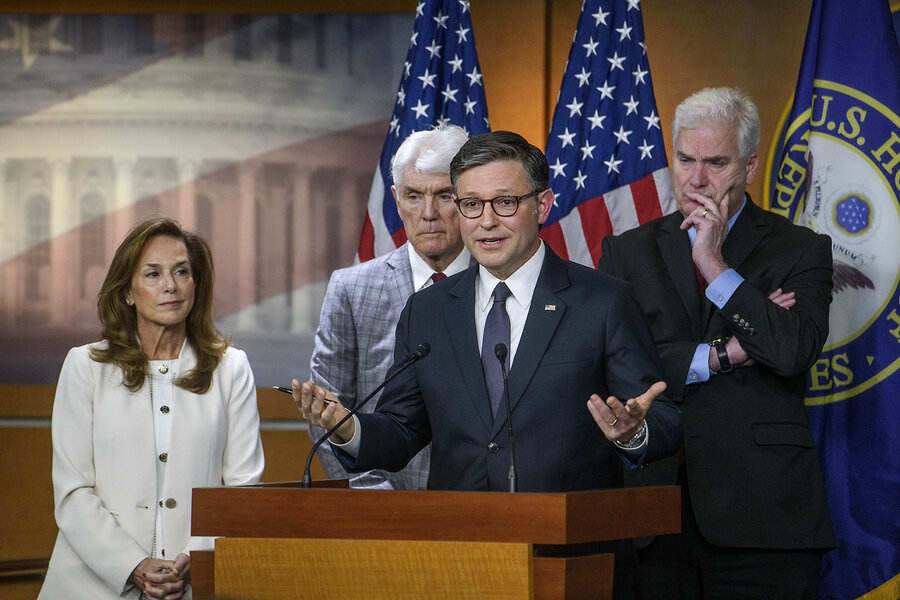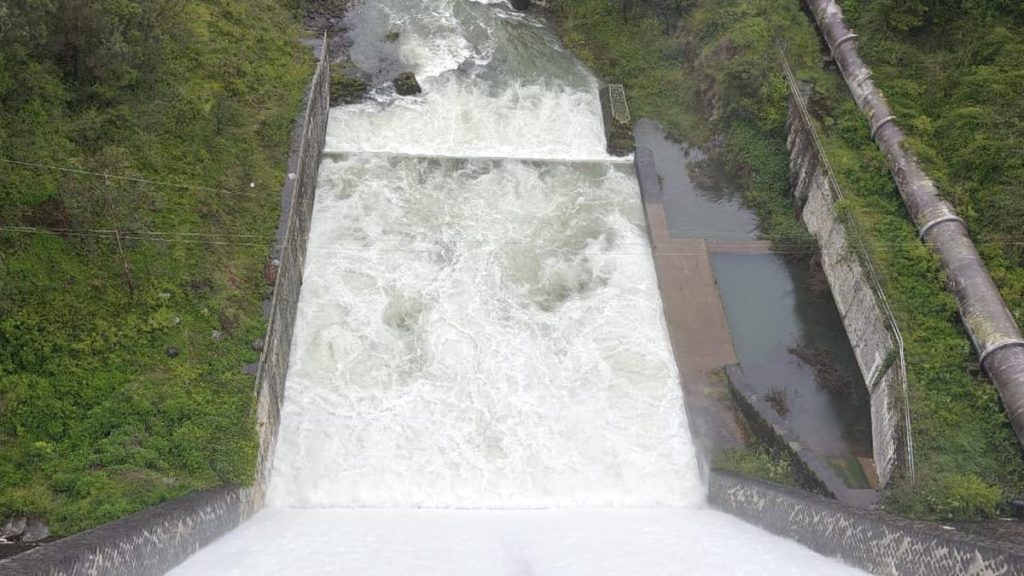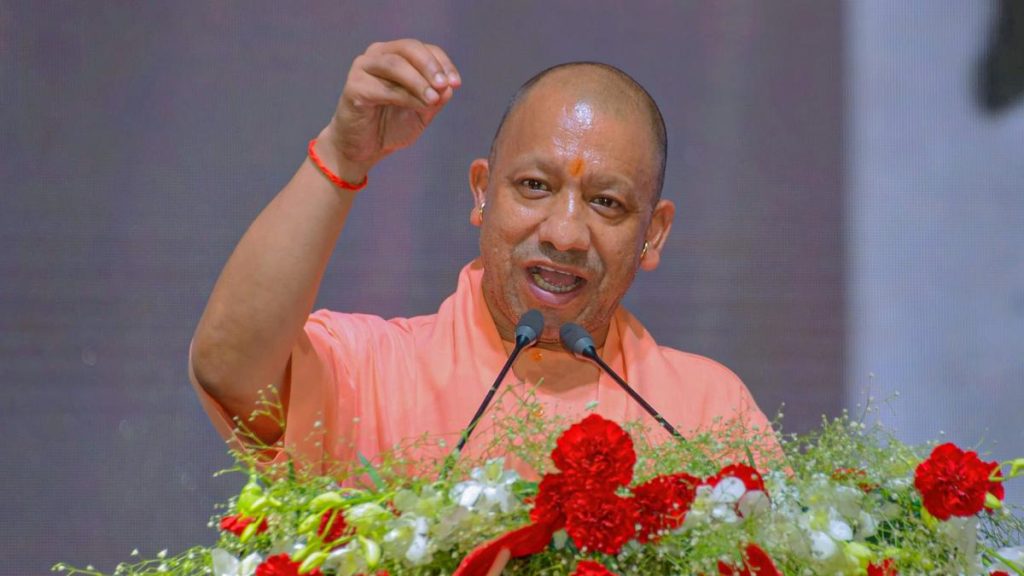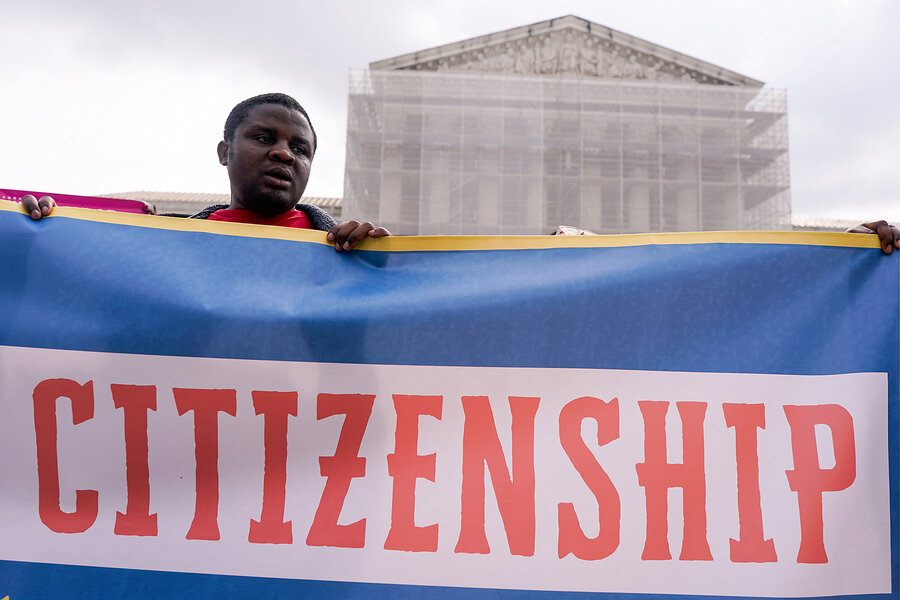Now Reading: Trump Seeks Congress’s Support as Key Bill Faces Uncertainty
-
01
Trump Seeks Congress’s Support as Key Bill Faces Uncertainty
Trump Seeks Congress’s Support as Key Bill Faces Uncertainty

Quick Summary
- U.S. President Donald Trump aims to pass a large legislative package that includes tax cuts, expanded immigration enforcement, and reductions in Medicaid and food stamp benefits.
- The proposed bill incorporates new spending measures totaling $69 billion for border security and deportation efforts, with significant investments in constructing border walls, expanding detention facilities, hiring Customs agents, and targeting unauthorized immigrants.
- cost-cutting measures include reductions in clean energy tax credits ($7,500 for EVs),trims to Medicaid (leaving an estimated 7.6 million uninsured), and shifting more SNAP costs onto state governments.
- Republicans face internal disagreements regarding the bill’s fiscal sustainability; moderate Republicans resist certain cuts while budget hawks claim insufficient deficit reduction measures are included.
- SALT deduction caps remain contentious among GOP lawmakers from high-tax states who seek increased limits beyond the current $10K cap set during Trump’s first term.
- Senate Republicans voice concerns over Medicaid adjustments (work requirements and higher healthcare copays) and also green energy tax credit eliminations affecting rural hospitals or economic stability.
- Additional fees are proposed for asylum-seekers ($1K),temporary visa holders ($1K),and sponsors of unaccompanied minors ($3.5K).
Indian Opinion Analysis
The proposed U.S legislative agenda under President Donald Trump reflects broader global debates on government spending priorities-including balancing welfare programs with national security-and mirrors India’s own challenges surrounding fiscal policy pressures versus social equity goals. For India, ongoing international focus on immigration enforcement is noteworthy given its diaspora interests abroad.India may draw attention to the U.S.’ rollback of green energy initiatives-a stark contrast to its efforts toward enduring development-underscoring varied approaches globally toward mitigating climate change impacts amidst financial demands.Lastly, the administrative complexities highlighted within Trump’s aspiring political negotiations could offer lessons for coalition governance within India’s multi-party system where similar difficulties arise when managing conflicting regional or ideological priorities.
























